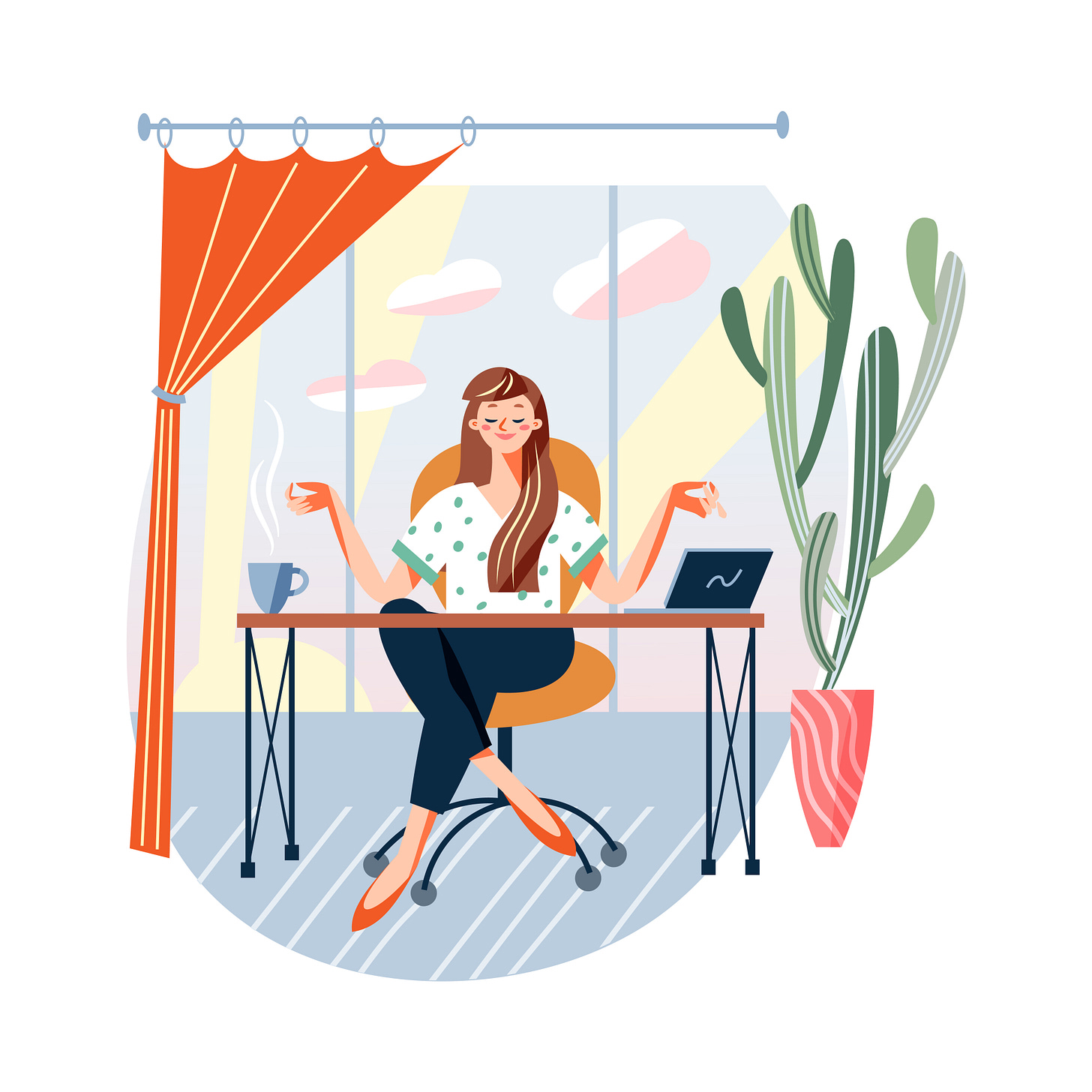Quite frankly, I’m fucking tired. I’ve been sleeping so poorly this week. Had a nice little dose of some lucid dreaming / sleep paralysis before waking up on Tuesday morning which left me a bit disorientated for the rest of the day. I think I’ve been using my phone too much. Although I’m not sure what comes first any more. Does overuse of my phone make me more tired and anxious, or is it when I’m most tired and anxious I turn to my phone for comfort? Chicken or the egg, innit.
I’m really trying hard to improve the reach of my Substack, which means I’m posting more. This has included succumbing to downloading Threads. I’m going to skirt entirely around any type of in-depth discussion as I’m still undecided on how I feel. Threads is all a bit clunky and awkward at the moment, but could it have legs for cultivating creative communities? We’ll have to see. So in an effort to try and be more active socially, I’ve ended up feeling overstimulated. Jumping between apps as minutes feel like hours waiting for the dopamine hit of another like, comment, or follow. Click, scroll, like, click, scroll, close, reopen, change apps… It’s increasingly hard to find genuine respite in our constantly lit-up switched-on world.
I guess it’s why the talk of Lazy Girl Jobs has intrigued me. A trend that began on TikTok (I mean, obviously), glamourises anti-hustle culture bumping the 9-5 right down the priority list. Daisy Jones’ piece for the Guardian defines Lazy Girl jobs as “undemanding but well enough paid, with little personal passion involved” and labelled it part of the more general “anti-ambition sentiment brewing among Gen Z”.
recently talked about the ways ‘work no longer holds the romantic notion it once did’ in a piece that stuck with me.“Our jobs no longer serve as our identity, since institutions can no longer be trusted, and work itself is a flimsy shelf on which to rest all your ambitions. I no longer hear people talk about dream jobs.”
Are our dream jobs no longer actually jobs at all, because we’d decided to stop monetising the thing we love to do the most? Or are we all so pessimistic that the concept of a dream job feels too far-flung in a cost-of-living crisis, post-pandemic, climate on-the-brink-of-disaster reality? I suspect that depending on who you speak to, it’s a bit of everything.
Similarly,
spoke a few months ago on the paradox of not caring about your job, when it comes to finding freedom from the constraints of work. She recognises the appeal of brain-dead jobs as a marker for transition in an anti-careerism culture, calling it a “healthy shift away from the Girlboss era”. But to what end?“I do think we’ve overcorrected a bit. We’re nearing the end of the romanticisation of the clock-in-clock-out lifestyle, whereby it’s considered an act of self-care to never do more than you’re asked. From a mental health perspective, not caring about your work, which you most likely spend the majority of your waking hours doing, is actually pretty depressing.”
She’s completely right. Spending around ⅓ of your entire day somewhere you hate or aren’t finding enjoyment from sounds like a terrible way to live. I guess Lazy Girl defenders would say exactly the same, and that being able to coast through those 40-hour weeks feeling excited by what you’ve got going on in your own life, for your evening and weekend plans is what helps them sleep at night. So, is ‘laziness’ really the antidote to overworking? No. What a privilege it would be to half-arse employment without a care in the world! I’d be shocked that as an option anyone in their right mind wouldn’t pick a job that pays well and requires minimal effort while maximising your free time.
@gabrielle_judge’s video on TikTok has racked up over 300k likes with job advice for ‘your Lazy Girl era’. She says there are jobs that fit the criteria where you could be making $60-80k a year. The average US salary in 2022 was $61.9k and for comparison, in the UK it was just under £33.3k. To believe you could land a job that pays between the average and 1.3 times higher, all while being “lazy” reeks of entitlement. These are certainly the kinds of jobs with good education and some competitive experience required. They’re also hardly going to involve manual labour, that’s for sure. Hospitality and construction can kiss goodbye to any dream of sedentary laziness.
It screams to me less about Gen Z actually dismantling the daily grind and more about the attitudes of young people towards the realities of working life. After all, one in four young people in America wants to become an influencer more than any other job. Not that I think being an influencer is an easy feat, but it’s no wonder why the idea of being lazy and making good money is not only desirable but seemingly so attainable among Gen Z.
Finding out that first and foremost work brings in the money to pay the bills after dossing about at uni with your pals for the last 3 years is quite devastating. Welcome to the real world! Ta-da, isn’t it great? Ultimately (and less cynically) I do think there’s more to be said on the shift away from your job forming a major if not the main part of your identity. Who we are is not necessarily what we get paid to do. Instead of being “lazy”, we should be solving the problem of unfulfilling jobs while continuing to fight the pressure of hustle culture, oh and also try not to monetise on every interest we have. Where is the middle ground?






Please subscribe me